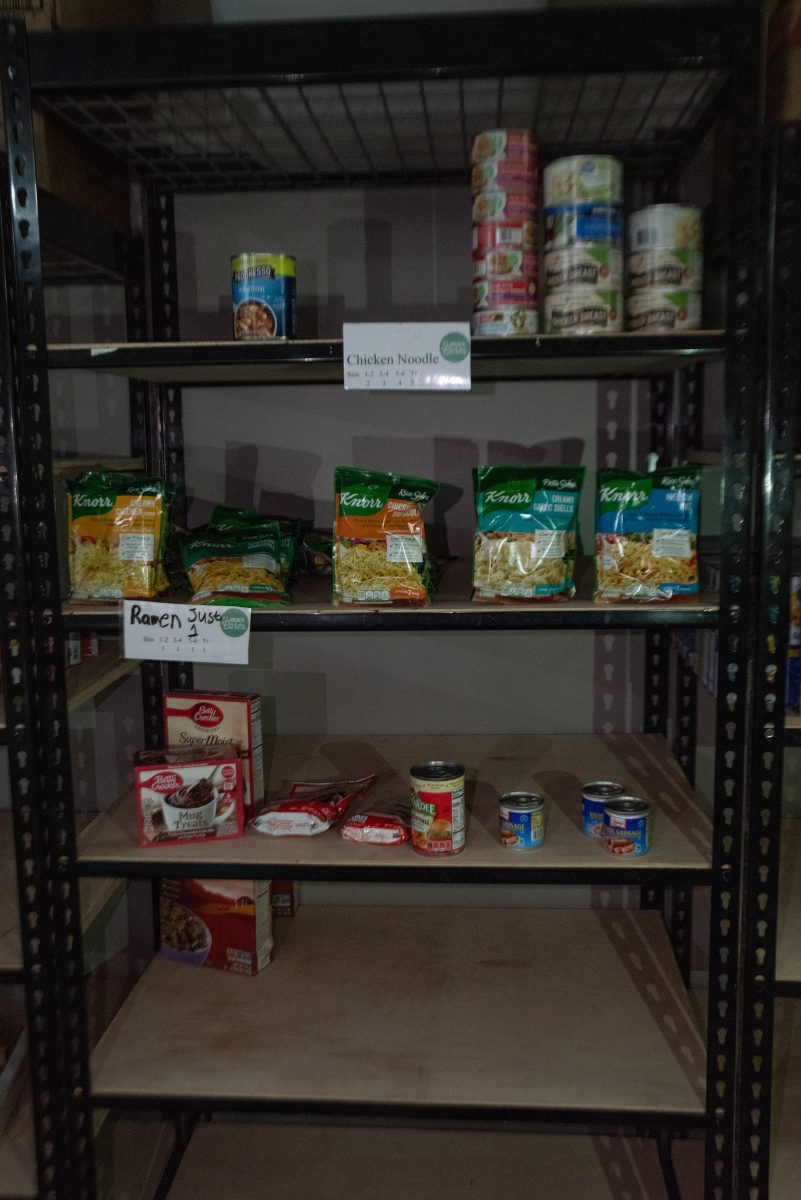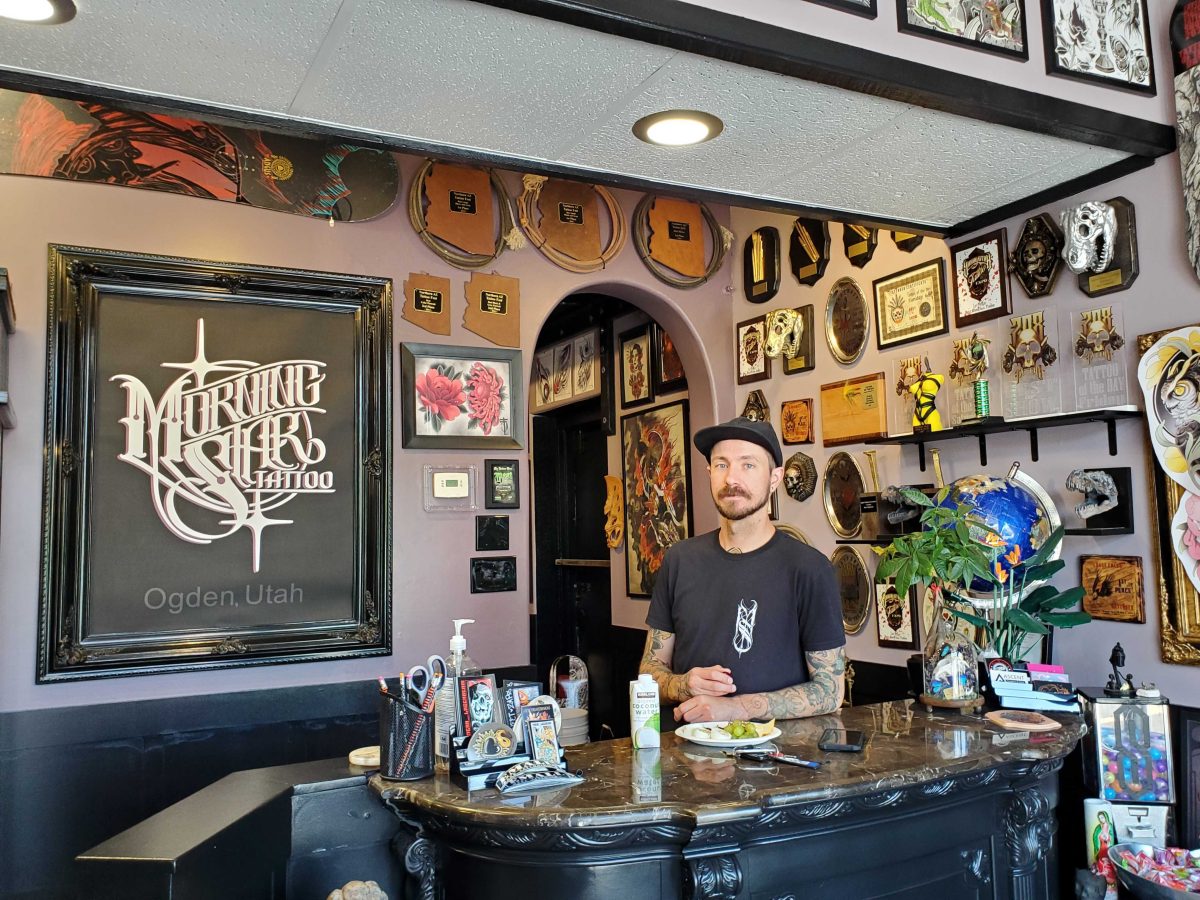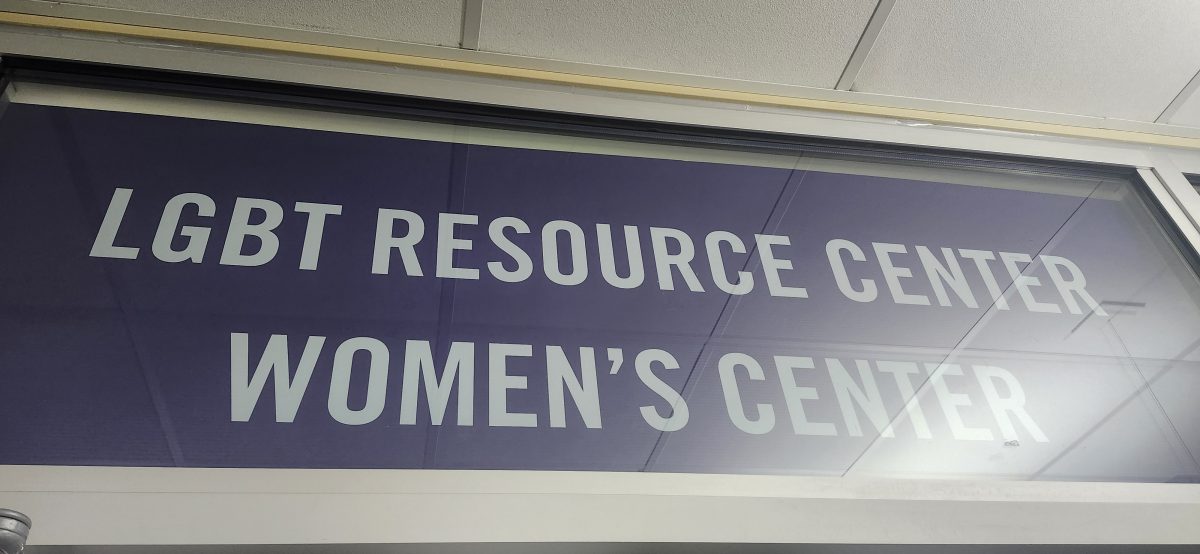
California Sen. Noreen Evans recently sponsored a bill that would make labeling genetically modified foods, or GMOs, mandatory.
Joan Thompson, an associate professor of nutrition at Weber State University, said she has many concerns about eating GMOs.
“We don’t have proof of anything,” she said. “. . . But you don’t know what has really happened to alternating synthesis of proteins or other components in those items that might end up playing havoc with the human body.”
Labeling GMO products has the potential to deter consumers from buying those foods. According to Thompson, in Japan, where it is mandatory for food to be labeled as GMO or not, it has deterred customers from buying certain foods.
“I think a lot of people go to the store to buy health foods, and maybe they look healthy because a picture of a fruit or vegetable is on them . . . and they don’t realize there are the hidden ingredients in them like the GMOs,” said Rachel Mize, health promotion major. “They are trying to live a healthier lifestyle, and a lot of these people are getting frustrated that they are not attaining their goals in their weight and health. I think a lot of it is because of the GMOs. If they put it on the labels, I think that will go a long way.”
Every year the amount of GMO crops planted increases. However, the U.S. Department of Agriculture offers incentives to increase organic farming.
“I do know that being allergic to gluten has gone up, because they keep growing wheat and chemically altering it,” said Mikayla Bowers, a WSU sophomore. “It causes allergies; it mutates it so your body won’t accept it anymore. Yeah, they should probably put it on there. Being gluten-free can cause medical problems. Having things labeled for your heath will always be a benefit for anyone.”
For some people, looking at food labels is mandatory due to their possible allergic reactions. Even if GMOs in food are not labeled, there may be other ingredients a person needs to know about.
Nursing professor London Draper Lowe said labels can be critical for people, depending on the status of their health.
“For example, if you have someone that has diabetes, it might be critical for them to have the carb count and the different ingredients of the food so that they can be careful about their blood sugar,” Lowe said. “There might be someone with a chronic heart condition and has to be really careful about their sodium intake. Some people have such severe allergies that, even on the food labels, they don’t say (that), even though that food ingredient is not in the food, that it might be processed in the lab that they are.”
Labeling GMOs may soon become law in California, and it could possibly become law in many other states, including Utah.
“I think that would be a really good thing, especially people who really care about what’s in their food, and it definitely should be something that could come to Utah,” said senior Deidre Wilson. “I know there is a vegan campaign here at Weber. I think that could be a good thing for students to learn, since Weber is an energy school. I think that would help with the green movement here as well.”




















